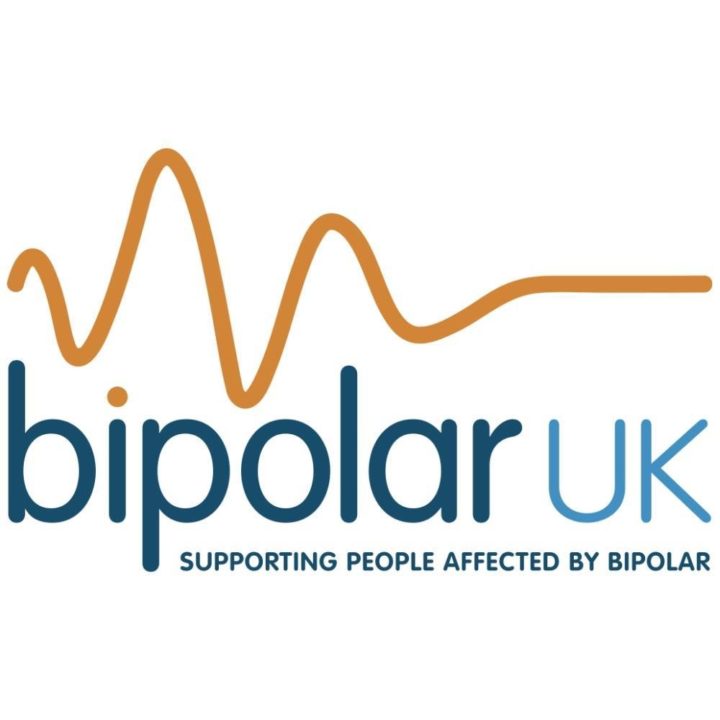Our Values
Shared values unify us. Our values help to set the standard for how our decisions are managed and help define our business culture. Before doing anything at Stonor Medical, we ask ourselves "why?" This simple question has helped shape our company and our values. Knowing our "why" helps us find purpose driven people who aren't just clocking in and out, but are instead driven by our mission to provide the best possible service to our clients and candidates whilst making a real difference in the world.
Stonor Medical recognise every client and candidate is different, so we tailor our service accordingly, and forge long term partnerships based on our core values of:
- Trust
- Honesty
- Fairness
As a new business, Stonor Medical are conscious of our carbon footprint and looking after our planet for our children and their children to come. To this end, Stonor Medical have signed up to ‘The SME Climate Commitment’
The SME Climate Commitment
Recognising that climate change poses a threat to the economy, nature and society-at-large, our company commits to take action immediately in order to:
- Halve our greenhouse gas emissions before 2030
- Achieve net zero emissions before 2050
- Disclose our progress on a yearly basis
In doing so, we are proud to be recognised by the United Nations Race to Zero campaign, and join governments, businesses, cities, regions, and universities around the world that share the same mission.
Stonor Medical's Charity Of The Year
Stonor Medical has chosen Mental Health charity BipolarUK as our Charity Of The Year.

BipolarUK
BipolarUK's mission is to empower everyone affected by bipolar to live well and fulfil their potential.
They are a small charity making a big impact offering peer support, support in work and learning, crisis support and research.
Bipolar Facts
- 1.3 million people in the UK have bipolar. That is one in fifty people.1
- Bipolar is one of the UK’s commonest long-term conditions with almost as many people living with bipolar as cancer (2.4%), it is more than twice as common as dementia (0.8%), epilepsy (0.8%), autism (0.8%), rheumatoid arthritis (0.7%) and learning disabilities (0.5%).2
- There's an average delay of 9.5 years between someone first contacting a health professional about symptoms and getting an accurate diagnosis of bipolar
- 60% of people say a delay in diagnosis of bipolar had a significant impact on their life
- 90% of people with bipolar had told their employer about their condition but 24% of them regretted making that decision.3
- 72% of people with bipolar knew no one else with the condition when they were first diagnosed.4
- 1 in 20 people who take their own life in the UK have a diagnosis of bipolar.5
- Someone with bipolar has a suicide risk that’s at least 20 times greater than someone without bipolar [6], which is higher than someone with major depressive disorder
And while it’s impossible to get an exact figure, these figures are very likely to be a massive underestimate.
The Bipolar Commission was launched at the Bipolar UK annual conference on World Bipolar Day 2021. The full report of the findings were presented at the annual conference on World Bipolar Day, 30th March 2022.
World Bipolar Day is celebrated each year on 30 March, the birthday of Vincent Van Gogh, who was diagnosed with bipolar after he died. The vision of World Bipolar Day is to encourage understanding about what bipolar is – and isn’t – and to banish stigma from the face of the planet. Each year Bipolar UK holds its annual conference and runs a number of activities to raise awareness and raise funds to celebrate this day.
Join us in supporting BipolarUK and help us make sure these much needed services get to those who need it.
1. Adult Psychiatric Morbidity Survey: Survey of Mental Health and Wellbeing, England, 2014.
2. Adult Psychiatric Morbidity Survey: Survey of Mental Health and Wellbeing, England, 2014 and Quality and Outcomes Framework – Prevalence, England, 2015-16.
3. Bipolar UK self-management survey, April 2020.
4.Bipolar UK self-management survey 2020.
5. https://journals.sagepub.com/d...
6. Literature Reviews, L. Plans 2019 / Pompili M, Gonda X, Serafini G, Innamorati M, Sher L, et al. (2013)






